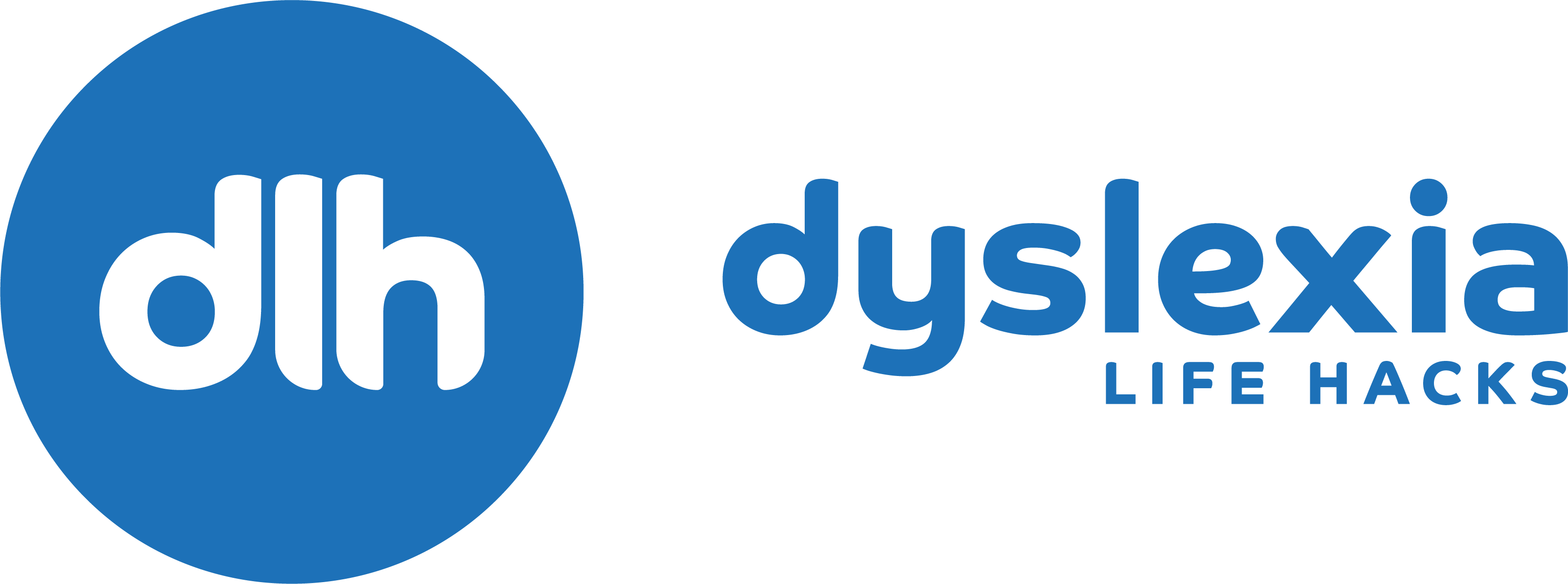Self-limiting beliefs – ideas that you hold onto that you believe are fact.
These can range from anything such as “I’m too old to take up that sport” to “I can’t handle conflict”. In reality, these beliefs are holding you back from taking-up that sport, or resulting in you giving in to others.
Some of my self-limiting beliefs when it comes to dyslexia were:
- I can’t go to university – that’s what smart people do.
- I will never be able to learn properly.
- Being dyslexic only has a downside.
At one point in time nobody thought a mile could be run in less than four minutes. Once this belief had been shattered lots of people started doing it.
The same is true when it comes to dyslexia. Dyslexic people are smart and, of course, go to university and get top quality degrees. Dyslexic people are very good at mastery and can learn new skills well. Most importantly, having dyslexia is also a gift and brings many positive things to you and the world.
“So when you hear that voice in your head telling you that you can’t do it, tell it you’re going to prove it wrong”





